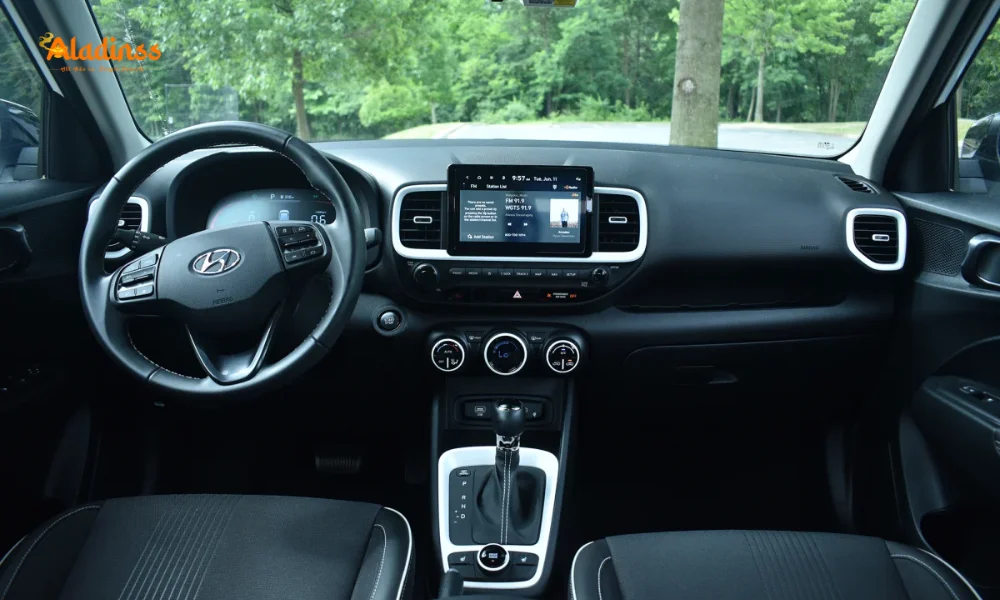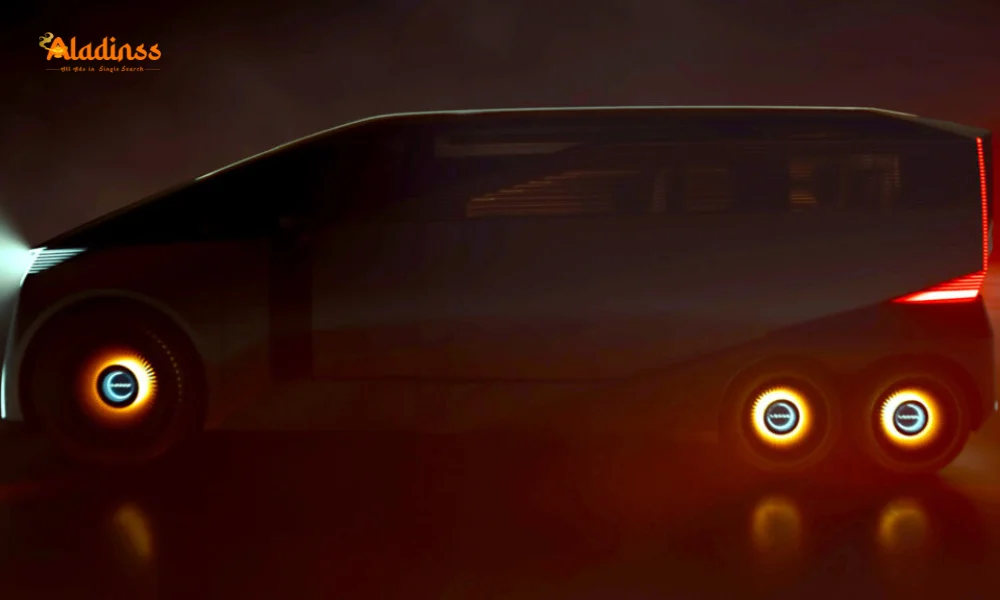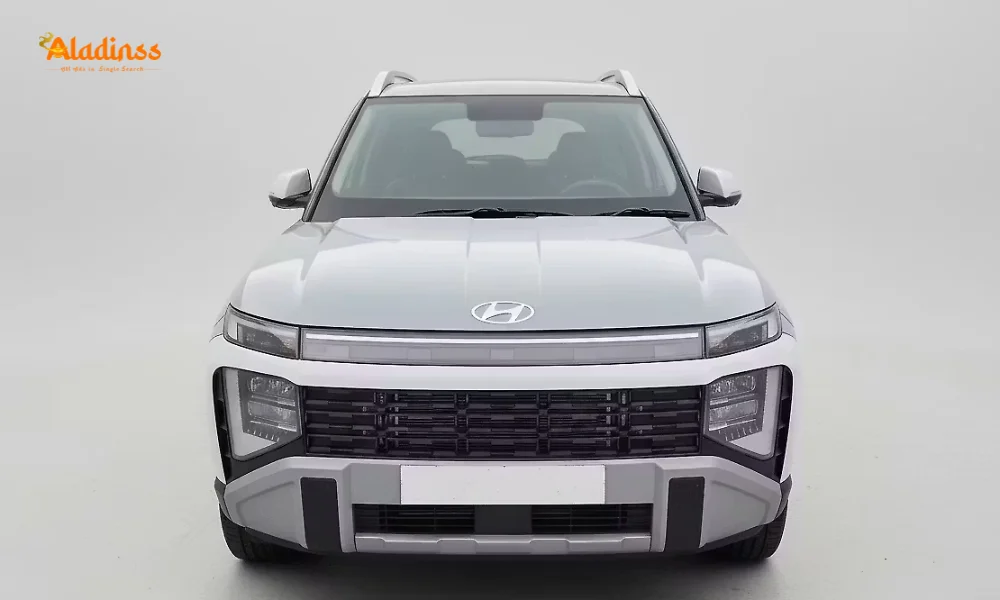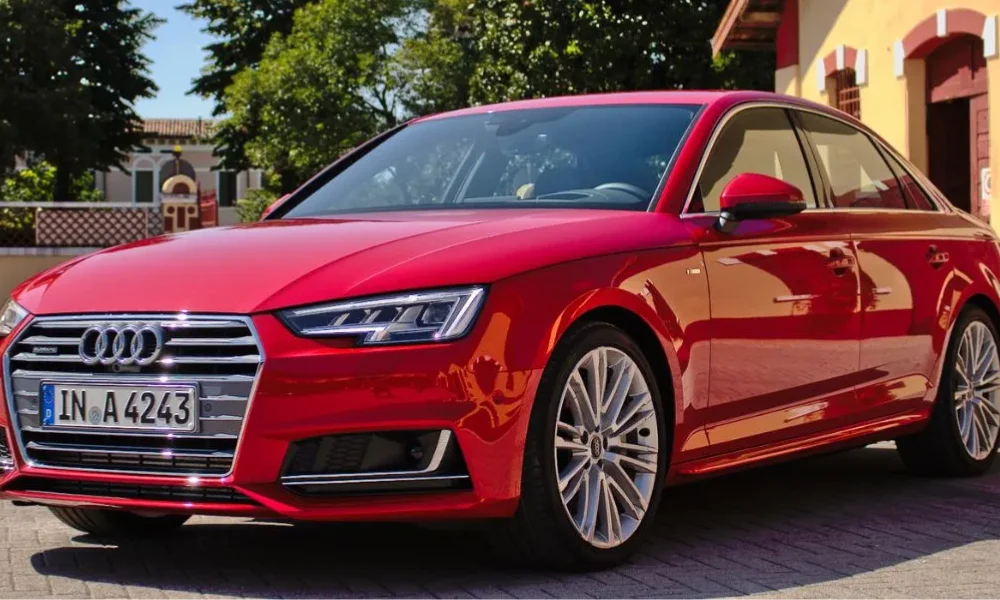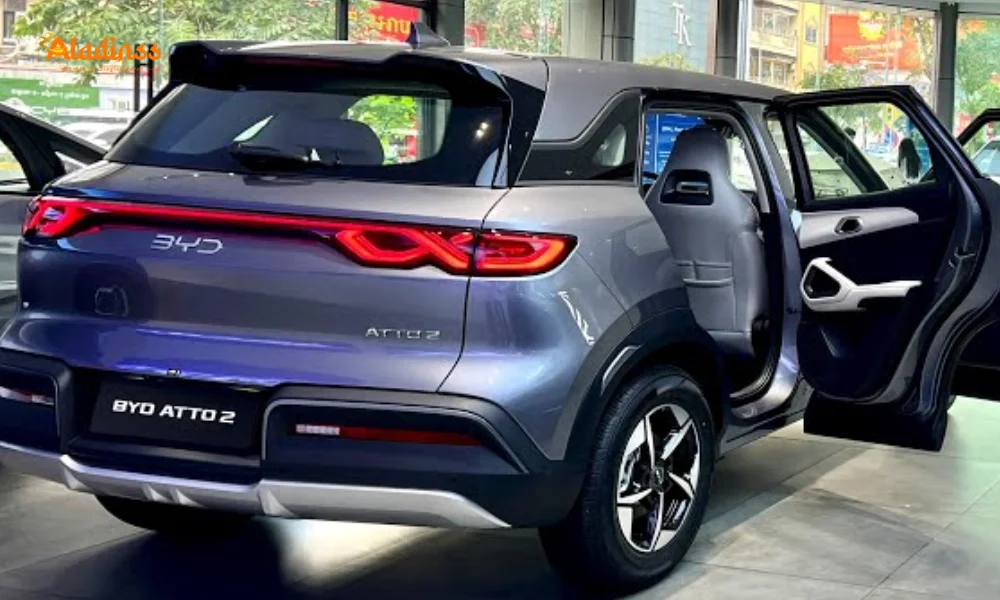Hyundai Genesis India Launch 2027: SUVs Assembled
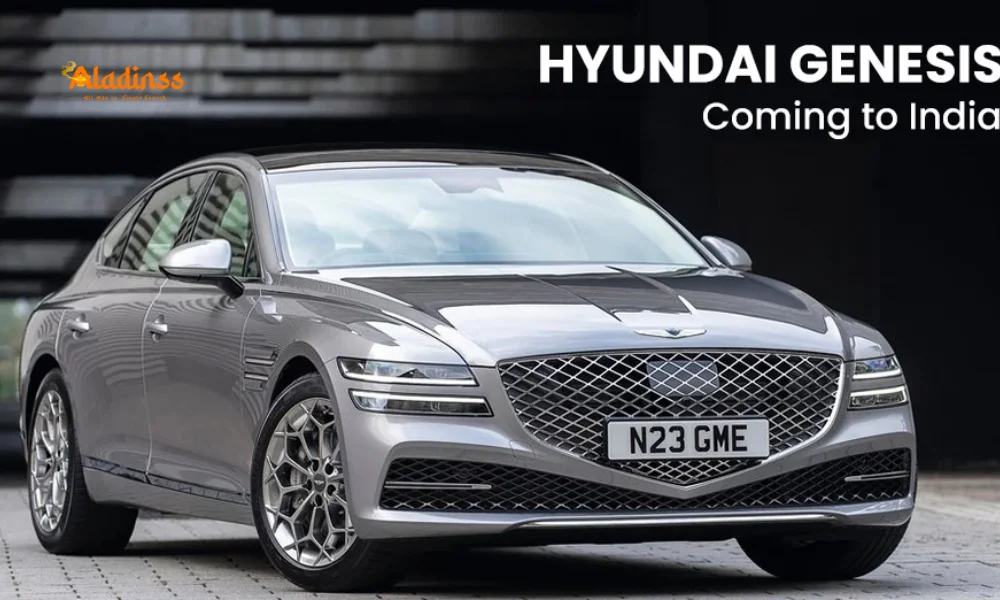
Hyundai Genesis India Launch 2027: Locally Assembled Luxury SUVs Set to Challenge German Rivals
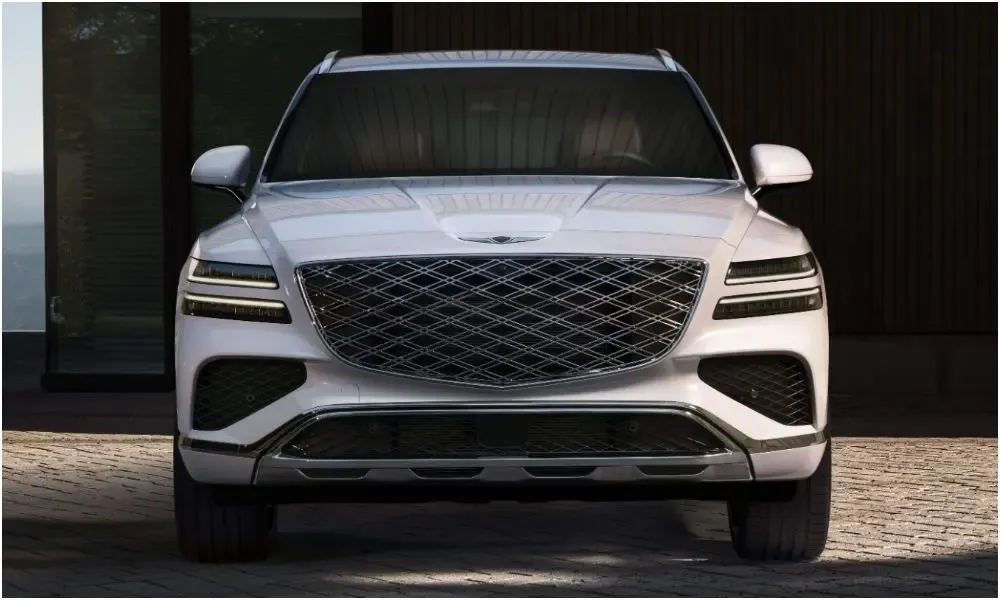
Hyundai Motor India has officially confirmed the 2027 debut of its premium sub-brand Genesis in the country, marking a strategic push into the luxury segment with locally assembled models designed to undercut established German competitors. The Hyundai Genesis India launch will leverage the Made-in-India initiative to produce vehicles like the GV70 and GV80 SUVs at Hyundai's Talegaon plant, potentially slashing prices by 20-30% through reduced import duties and optimized logistics. This move, hinted at in mid-2025 investor briefings, positions Genesis as a standalone luxury marque with dedicated showrooms and bespoke services, aiming to capture 5% of India's $10 billion luxury car market by 2030.
Genesis, Hyundai's upscale division since 2015, boasts a global lineup of seven core models-G70 sedan, G80 executive, G90 flagship, GV60 EV crossover, GV70 SUV, GV80 luxury SUV, and GV90 limousine-plus variants totaling 11 offerings. Unlike Kia's limited EV9 entry, Hyundai plans a multi-model rollout, beginning with SUVs to tap the 60% SUV-dominated luxury pie, followed by sedans and EVs by 2029.
The announcement aligns with India's burgeoning affluent class, projected to hit 100 million by 2027, and government incentives for local manufacturing, promising a disruptive entry that could redefine affordable luxury.
Genesis Global Portfolio: Seven Core Models for India
Genesis's lineup blends Korean engineering with luxury ethos, emphasizing quiet cabins, advanced tech, and bold designs. The G70 sedan, starting at $42,000 globally, offers rear-wheel drive and 365hp turbo V6, rivaling BMW 3 Series with superior ride quality. G80, the executive staple at $58,000, features a 3.5L twin-turbo V6 (375hp) and adaptive suspension for serene highway cruises.
Flagship G90 limousine ($90,000+) boasts a 3.5L V6 (409hp) and reclining rear seats with massagers, targeting chauffeur-driven elites. On the SUV front, GV60 EV ($52,000) delivers 483km range and 0-100kmph in 3.9s, while GV70 ($48,000) combines 2.5L turbo (300hp) with optional hybrid for 40kmpl efficiency.
GV80 ($58,000), a bestseller with 3-row seating and 409hp V6, and GV90 concept-derived full-size SUV complete the seven, with derivatives like electrified variants pushing totals to 11. For India, initial focus on GV70 and GV80 SUVs-priced ₹60-80 lakh post-assembly-will leverage Hyundai's 1 million+ SUV sales expertise.
Locally Assembled Models: Cost Savings and Market Strategy
Genesis's India entry hinges on local assembly at Hyundai's Talegaon facility, expanded in 2024 for 1.5 lakh units annually. This sidesteps 100% import duties on CKD kits, slashing costs by 25% versus fully imported rivals like Mercedes GLC (₹67 lakh). Assembled GV70 could launch at ₹55 lakh, undercutting BMW X3 (₹68 lakh) while matching features like 14.5-inch infotainment and 360-degree cameras.
Hyundai's strategy mirrors MG's ZS EV success, with dedicated Genesis showrooms in metros like Delhi and Mumbai by 2027 Q2. The sub-brand will operate independently, offering concierge services, lifetime warranties, and loaner cars-elevating ownership beyond Kia K9's premium positioning.
Government PLI scheme incentives-₹25,000 crore for auto-support this, aiming for 10% localization by 2028. Initial volumes target 5,000 units/year, scaling to 20,000 by 2030 amid luxury market's 15% CAGR.
SUV-First Approach: Targeting India's Luxury Preference
SUVs dominate 65% of India's luxury sales, per JATO Dynamics, making them Genesis's entry point. The GV70, a mid-size crossover with 2.5L turbo (300hp) and AWD, offers 483L boot and 7-year warranty, ideal for urban families seeking BMW X3 alternatives at ₹55 lakh.
GV80, the three-row behemoth with 3.5L V6 (380hp) and air suspension, targets Audi Q7 buyers at ₹75 lakh, featuring 27-inch OLED screens and massaging seats. Electrified GV70 Hybrid (40kmpl) aligns with India's EV push, qualifying for ₹1.5 lakh subsidies.
Sedans like G70 follow in 2028, but SUVs capitalize on 25% segment growth, with Genesis aiming for 3% share by 2030 versus Mercedes' 20%.
Genesis vs German Rivals: Competitive Edge
Genesis challenges Mercedes, BMW, and Audi with value: GV70's 380hp and 10-year powertrain warranty rival X3's 382hp but at 20% lower price. Local assembly trims ₹10-15 lakh off imports, enabling aggressive pricing without sacrificing features like 360-degree cameras and adaptive cruise.
Unlike Kia's EV9 (₹1.3 crore), Genesis's multi-model strategy and dedicated network mirror Lexus's Toyota separation, fostering exclusivity. Service intervals at 10,000km versus rivals' 15,000km ensure reliability, with 24/7 roadside assistance.
In a market where luxury sales hit 40,000 units in 2024, Genesis could capture 2,000 annually by 2028, eroding 5% from German share through affordability and Hyundai's 1,000+ service network.
Hyundai's Luxury Strategy: From Hint to Confirmation
Hyundai's Genesis tease in August 2025 investor meet sparked speculation, confirmed October 10 via official statement. The sub-brand, launched globally in 2015 with G80, has sold 1 million units, establishing premium credentials through design awards and J.D. Power reliability scores topping BMW.
India's entry leverages Hyundai's 60% SUV dominance and 1.7 million annual sales. Unlike Kia's EV focus, Genesis emphasizes ICE and hybrid for mass appeal, with EV like GV60 in 2028. Dedicated infrastructure-20 showrooms by 2027-ensures white-glove service, differentiating from Hyundai's mainstream network.
This aligns with Hyundai's $20 billion India investment by 2030, targeting 20% market share, with Genesis driving 10% luxury growth.
Market Impact: Disrupting Luxury Dynamics
Genesis's arrival could reshape India's $10 billion luxury auto market, projected at 12% CAGR to $20 billion by 2030. Local production undercuts Mercedes GLE (₹1 crore) with GV80 at ₹80 lakh, attracting aspirational buyers and NRIs.
It challenges Audi's Q7 and BMW X5 with superior warranties and tech like facial recognition entry. EV incentives could price GV60 at ₹50 lakh, competing with Lexus UX.
Hyundai's ecosystem-shared service with 1,000 centers-ensures uptime, potentially eroding 5% from German brands by 2029.
Future Roadmap: EVs and Sedans by 2029
Post-SUVs, Genesis eyes G70 sedan in 2028 at ₹45 lakh, targeting Mercedes C-Class. GV60 EV follows, with 500km range and 18kW AC charging, qualifying for FAME-III subsidies.
By 2029, G90 and GV90 complete the lineup, with 10 models assembled locally. Hyundai's ₹25,000 crore EV investment supports this, aiming for 50,000 Genesis sales annually by 2035.
Genesis's 2027 entry heralds Hyundai's luxury ascent, blending Korean innovation with Indian affordability for a transformative impact.
Comment / Reply From
No comments yet. Be the first to comment!
